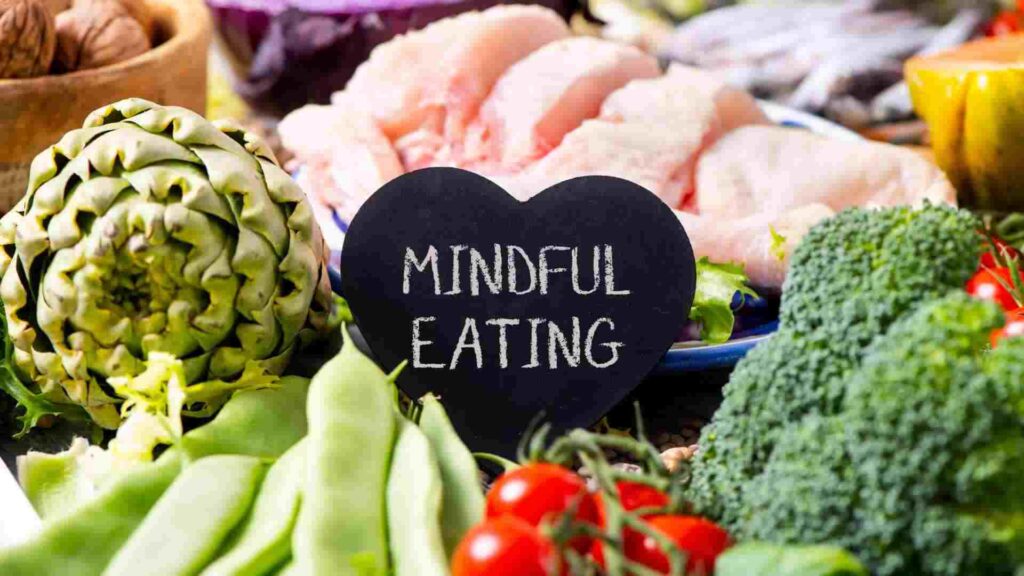Discover comprehensive information for all aspects of sexual health and find resources and guidance to empower your sexual well-being.
Erectile dysfunction (ED) is a condition that many men face at some point in their…
Discover comprehensive information for all aspects of sexual health and find resources and guidance to empower your sexual well-being.
Erectile dysfunction (ED) is a condition that many men face at some point in their…
Achieving and maintaining a strong penile erection is a common concern for many men. It…
Erectile dysfunction (ED) means having trouble getting or keeping an erection that’s good enough for…
Sleep-related painful erection (SRPE) is a rare condition where people get painful erections while they’re…
The underlying cause as well as the severity of pain determine the varied treatment approaches…
Erectile dysfunction (ED) is a condition that affects many men worldwide, leading to significant stress,…
Commitment issues can often manifest in romantic relationships, work, and other personal or professional spheres.…
Intuitive eating has gained significant traction in recent years as a refreshing approach to nourishing the body and mind. Let’s delve into what it is all about and how it can benefit your overall well-being.
Table of Contents
ToggleIt’s a philosophy that encourages individuals to listen to their bodies, honor their hunger, and cultivate a healthy relationship with food.
Unlike traditional dieting, which often involves strict rules and restrictions, this approach focuses on internal cues and mindful eating practices.

At its core, intuitive eating is about trusting your body’s signals and responding to them appropriately.
This means eating when you’re hungry and stopping when you’re full, without judgment or guilt.
It involves tuning into your body’s hunger and fullness cues, as well as recognizing the difference between physical hunger and emotional cravings.

One of the key principles of intuitive eating is rejecting the diet mentality.
Instead of viewing food as the enemy or categorizing it as “good” or “bad,” intuitive eaters embrace all foods without moralizing them.
This doesn’t mean indulging in unhealthy foods constantly but rather allowing yourself to enjoy a wide variety of foods in moderation.
By removing the stigma associated with certain foods, intuitive eating helps foster a healthier relationship with food and reduces the likelihood of binge eating or feeling deprived.
Related: 7 Types of Eaters

Another fundamental aspect of this approach is honoring your body’s cravings and preferences.
This involves paying attention to what your body truly desires and nourishing it accordingly.
Whether it’s a craving for something sweet, salty, or savory, intuitive eaters trust their bodies to guide their food choices.
This doesn’t mean giving in to every craving impulsively but rather being mindful of what your body needs and responding to it with balance and moderation.

Mindful eating plays a crucial role in the practice of intuitive eating. It involves being fully present and engaged in the eating experience, savoring each bite, and paying attention to how food makes you feel.
By eating mindfully, you can better tune into your body’s hunger and fullness signals, prevent overeating, and enhance your overall enjoyment of food.

Intuitive eating also encourages gentle nutrition, which emphasizes nourishing your body with foods that make you feel good physically and emotionally.
Instead of obsessing over calories or macronutrient ratios, intuitive eaters focus on incorporating a variety of nutrient-dense foods into their diet while still allowing room for flexibility and enjoyment.
This approach promotes long-term health and sustainability, rather than short-term weight loss goals.

One of the most significant benefits of intuitive eating is its positive impact on mental health.
By letting go of restrictive eating habits and embracing a more intuitive approach, individuals can experience reduced anxiety and stress surrounding food.
This approach promotes self-compassion and acceptance, fostering a healthier body image and improved self-esteem.
Related: What Causes Low Self-Esteem?
Intuitive eating is a holistic approach to nourishing your body and mind. By listening to your body’s signals, rejecting the diet mentality, and embracing mindful eating practices, you can cultivate a healthier relationship with food and experience greater overall well-being. Whether you’re looking to break free from chronic dieting or simply want to improve your relationship with food, this approach offers a sustainable and empowering alternative that prioritizes self-care and body positivity.
References
1. Homepage. (2019, June 03). Retrieved February 21, 2023, from https://www.intuitiveeating.org/
2. Tribole, E., & Resch, E. (2020). Intuitive eating: An anti-diet revolutionary approach. New York: St. Martin’s Essentials.
Dr. Nishtha, a medical doctor holding both an MBBS and an MD in Biochemistry, possesses a profound passion for nutrition and wellness. Her personal journey, marked by significant struggles with physical and mental health, has endowed her with a unique empathy and insight into the challenges countless individuals face. Driven by her own experiences, she leverages her background to offer practical, evidence-backed guidance, empowering others on their paths to achieving holistic well-being. Dr. Nishtha truly believes in the interconnectedness of the mind and body. She emphasizes the significance of understanding this connection as a crucial stride toward attaining balance and happiness in life.

